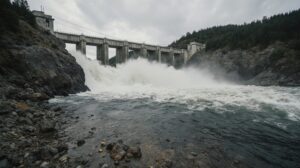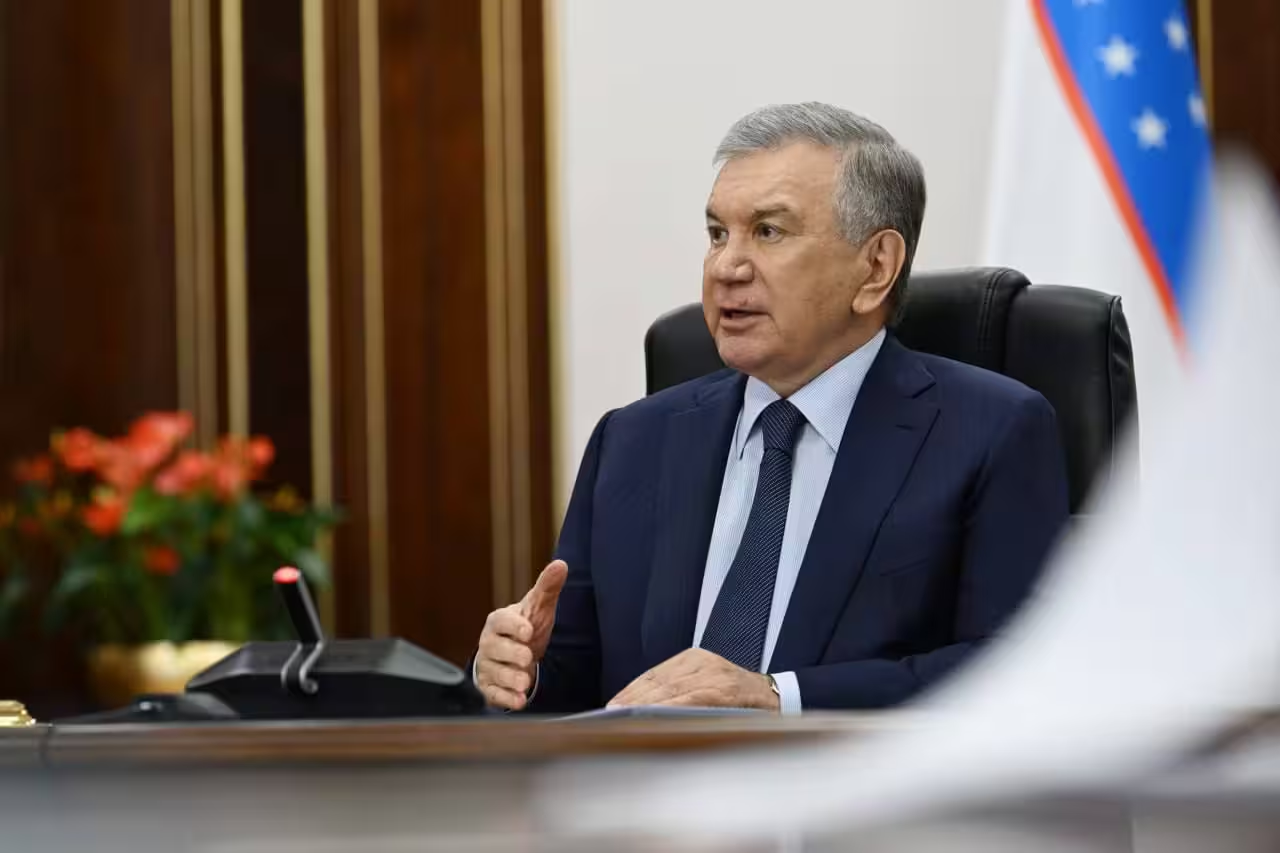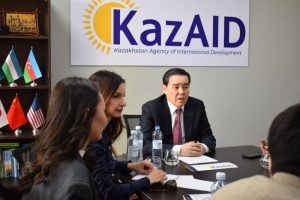Uzbekistan plans to build 1,185 micro hydropower plants with a total capacity of 65 megawatts by the end of 2025, as part of broader efforts to expand renewable energy and meet growing electricity demand, the presidential press service reported.
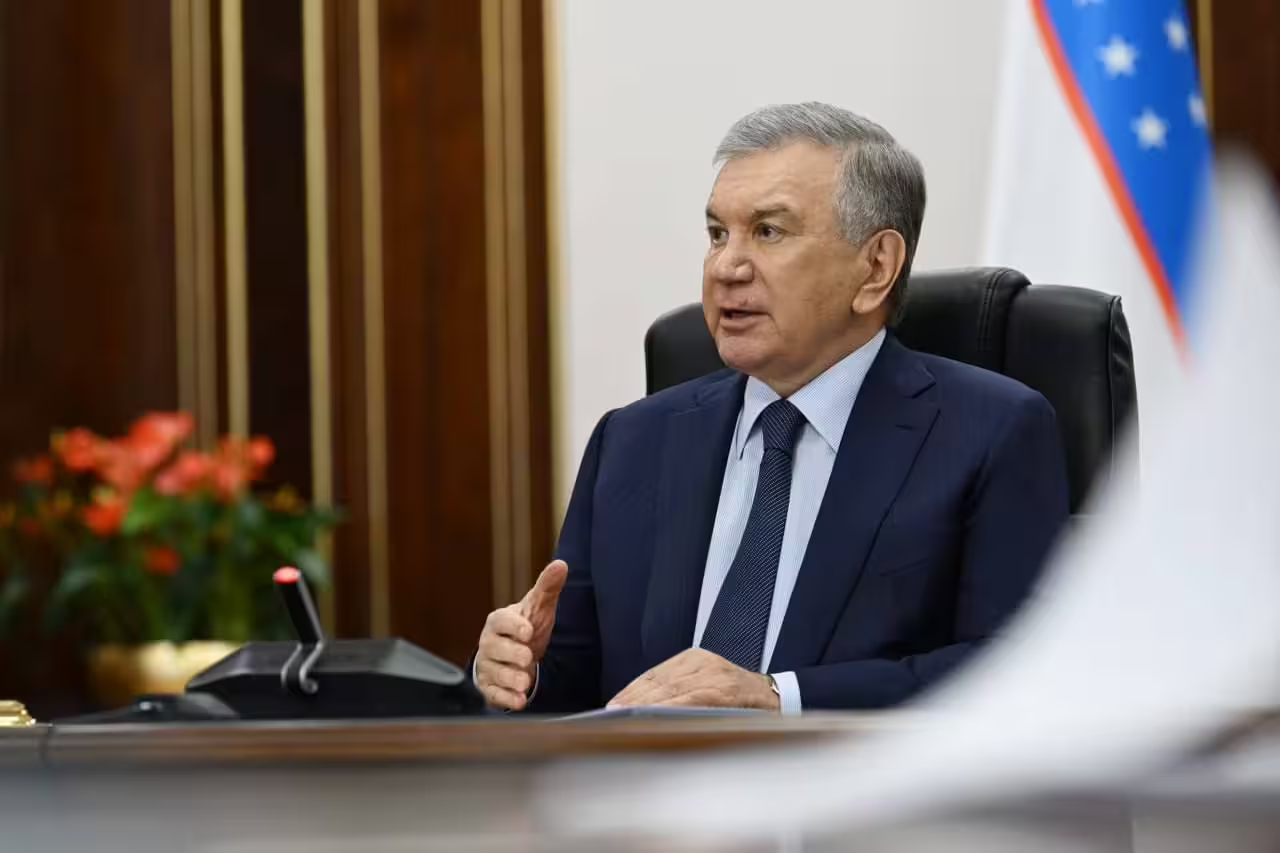
President Shavkat Mirziyoyev was briefed on the progress of energy projects and new initiatives aimed at strengthening the country’s energy independence. According to the presentation, the new hydropower plants will mostly be commissioned by private entrepreneurs and are expected to play a key role in enhancing the country’s green energy capacity.
The initiative is part of a larger plan to construct 2,983 micro hydropower stations across the country between 2025 and 2026. With a combined capacity of 167 megawatts, these projects are projected to generate 500mn kilowatt-hours of clean electricity annually and save up to 151mn cubic meters of natural gas. During the construction phase, about 1,200 people will be employed, and an additional 520 permanent jobs will be created after the plants become operational.
Uzbekistan has been scaling up its energy production over the last five years, achieving a 30% increase that brought total electricity generation to 81.5bn kilowatt-hours in 2023. However, with national consumption expected to reach 121bn kilowatt-hours by 2035, the government is adopting long-term strategies to diversify its energy mix and expand sustainable energy sources.
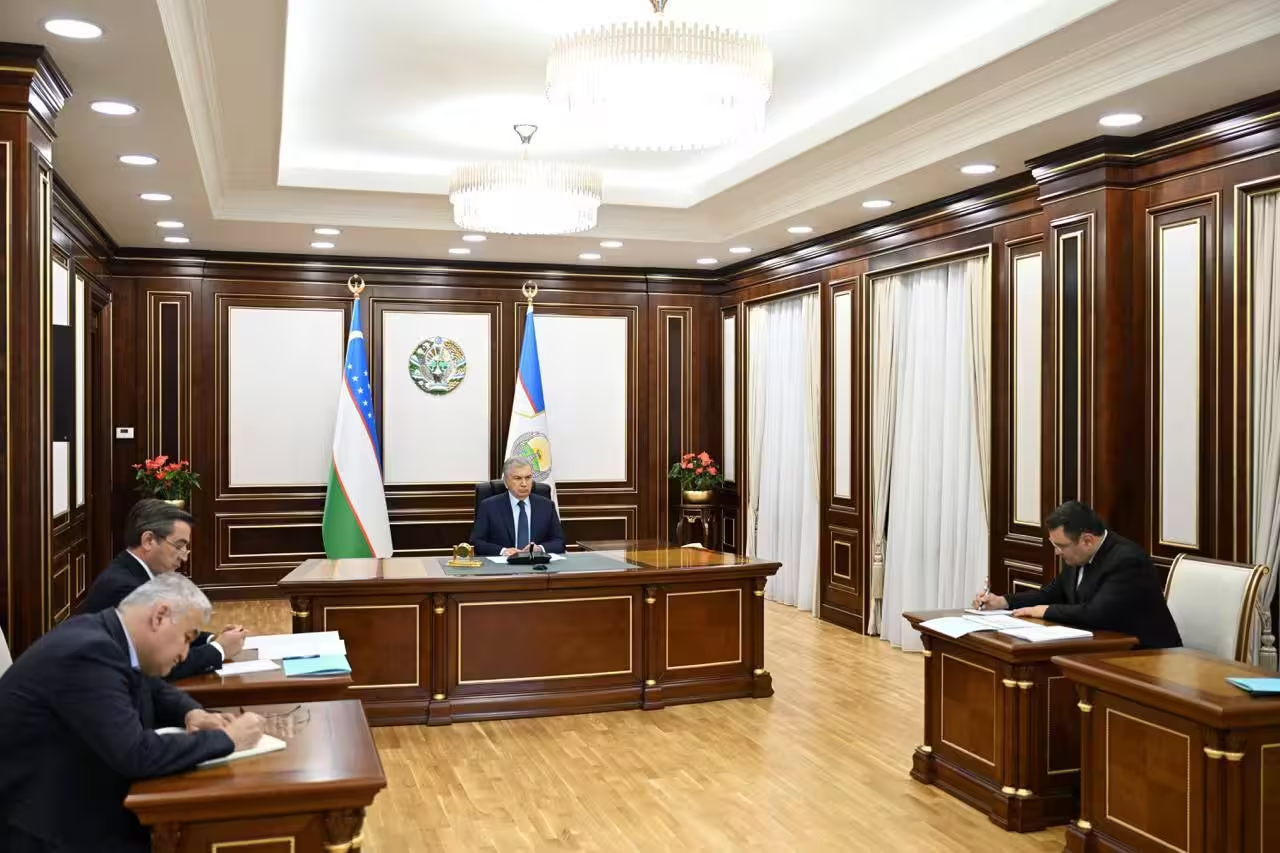
By 2030, Uzbekistan aims to generate 54% of its electricity from renewable sources. Hydropower and nuclear energy are seen as key contributors to this goal.
In addition to the hydropower plans, Uzbekistan is moving forward with the construction of a small nuclear power plant. The entire development process—from design to final commissioning—will be carried out under the supervision of the International Atomic Energy Agency (IAEA) and in line with international safety and environmental standards.
The head of UzAtom, the national atomic energy agency, provided updates on ongoing negotiations, technical agreements, and project development progress. The president emphasized the importance of adhering to deadlines and ensuring that the energy projects translate into tangible benefits for the population and economy.
